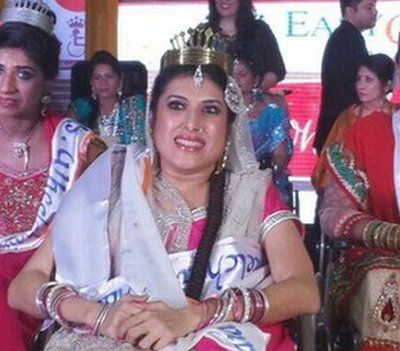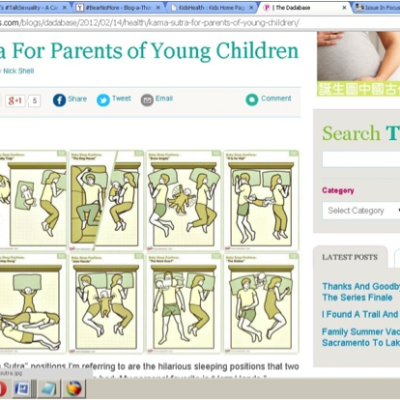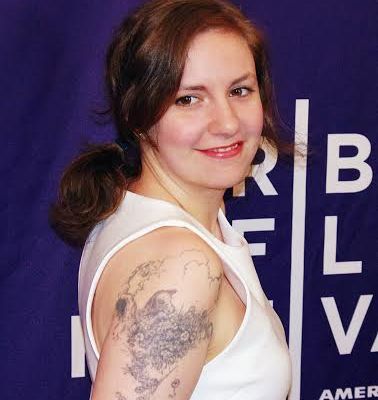Shikha Aleya
Food is some sort of extension of our bodies, our identities, and therefore food and sexuality intersect in a myriad ways.
The concept of boundaries has become mixed up with the concept of being bound in a this-far-and-no-further way. They have become enclosures, aquariums, cages built for those who inhabit them, but not necessarily built by them.
I grew up with a book cupboard where Paul Gallico’s Love of Seven Dolls rubbed shoulders with Germain Greer’s The…
People make assumptions about both mobility and sexuality and quite often reduce them to a few simple, unidimensional concepts. Sexuality is reduced to sex, marriage and the gender binary. Mobility is reduced to ableist concepts of body and capacity, and access to, or the possession of, a vehicle to get from point A to B.
Body image, body shaming, fat shaming. Familiar. Heart image, heart shaming, self-shaming. Expanding the same concept. You know how the…
I spent time reading up the basics of gender-neutral design to understand the connect between science, society and gender. Sometimes, some people try to prove that there are ‘scientific’ reasons for inequality and injustice, for depriving one set of people of the same choices and opportunities that another set of people enjoy. This is not true. Times are changing. ‘Biased technologies’ are being altered.
The migrant has come to represent threat on many fronts, with sexuality and sexual behaviours storming the front of fronts. This is because sexuality is in itself so threatening to so many; as a word, as a concept, it is untidy, unknown, uncontainable, like that alien substance bubbling out of its pod in the film ‘Prometheus’. Or ‘Alien’.
Body + a million This article: written, read, edited, uploaded on to the internet, heard using assistive software, converted into…
… the heroine an amputee on a microprocessor controlled prosthetic leg with a hydraulic foot and ankle system raises her…
In this great repository of the human collective consciousness and exposure lies a wealth of tacit knowledge of COVID-19 that is independent of the subject expert.
… and the Award goes to… … Vasilyev’s wife … … for having birthed the maximum number of children. I…
Chandra Deo Singh, a name not necessarily familiar to many of us, spent time in prison in1945 for taking part…
To chase down our own vulnerabilities around sexuality is a short run around the corner, five minutes ago, last night sleeping alone, with a lover, a partner who lost interest, the Insta post that leaves you feeling you’re not good enough for the hug, the kiss, the cuddle and are you perhaps the A of LGBTQIA+?
To chase down our own vulnerabilities around sexuality is a short run around the corner, five minutes ago, last night sleeping alone, with a lover, a partner who lost interest, the Insta post that leaves you feeling you’re not good enough for the hug, the kiss, the cuddle and are you perhaps the A of LGBTQIA+?
A long, long time ago, in a room far, far away, I remember playing at being a mythological hero I…














